Description
An illustrated study of how coalition armor in Iraq in 2003–06 handled a unique multi-threat environment, from enemy armor to IEDs.
On 20 March 2003, Coalition forces launched the invasion of Iraq on a massive scale. Their armored fighting vehicles (AFVs) faced an uncertain level of resistance, and soon had to overcome a wide range of enemy threats. These included tank vs tank clashes during the first days of the invasion (most famously at Basra and Mahmoudiyah), and subsequently the dangers posed by enemy rocket-propelled grenades, cannon fire, antitank guided missiles, and improvised explosive devices.
This vital new study covers both the opening clashes between opposing AVFs and the tactics developed by Iraqi insurgents seeking to neutralize Coalition superiority. Featuring full color photos, battle scenes, weaponry, and tactical illustrations, it draws upon first-hand accounts and official post-battle analyses to examine how Coalition forces responded to the change in the nature of the threats. Among the topics addressed are the coordination between Coalition infantry and air power; how dealing with roadside bombs in Iraq resulted in changes to equipment, tactics, and force structure; and the lessons learned for future warfare.

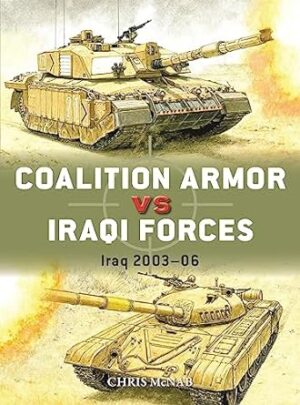
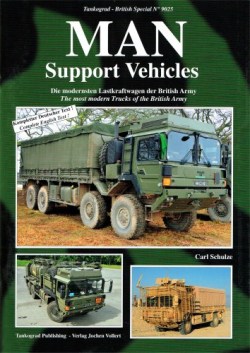

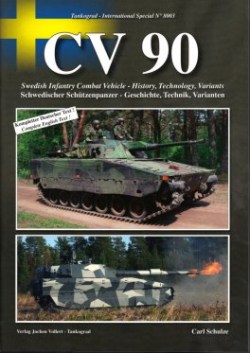
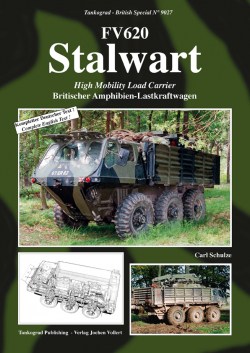
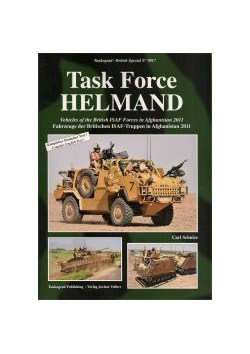
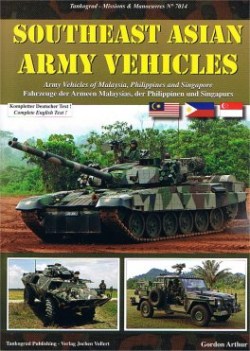
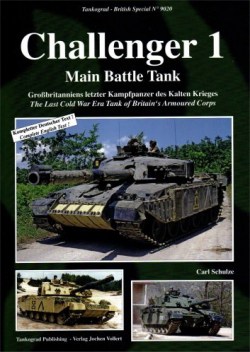
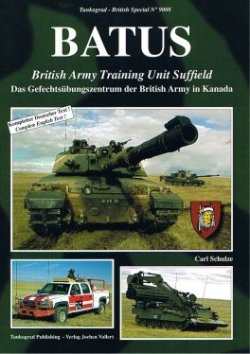
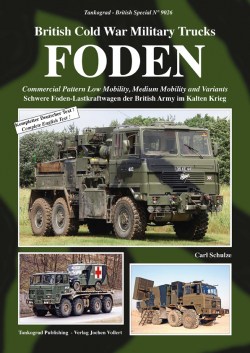
Reviews
There are no reviews yet.